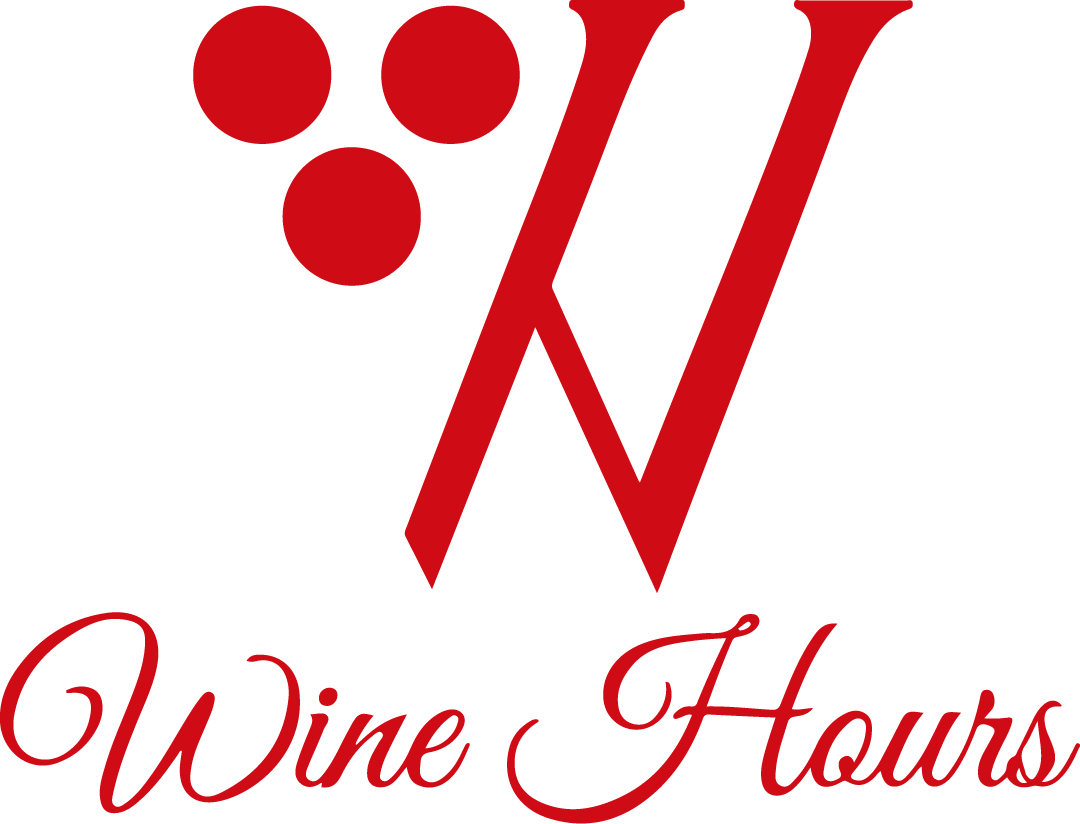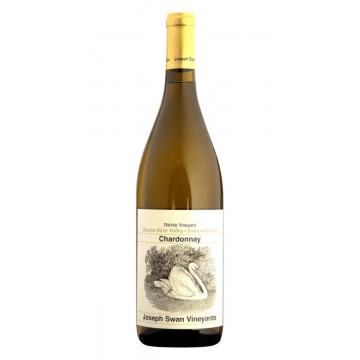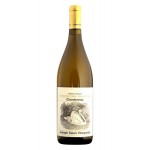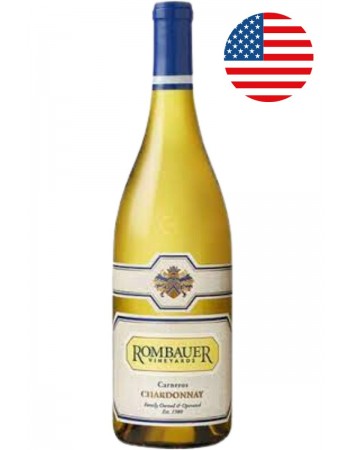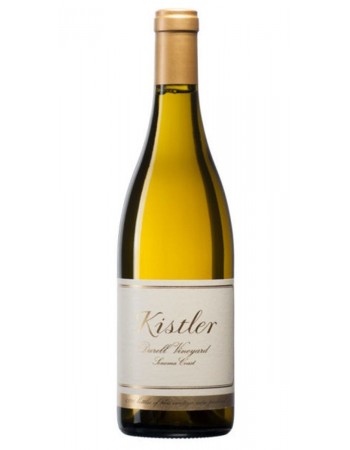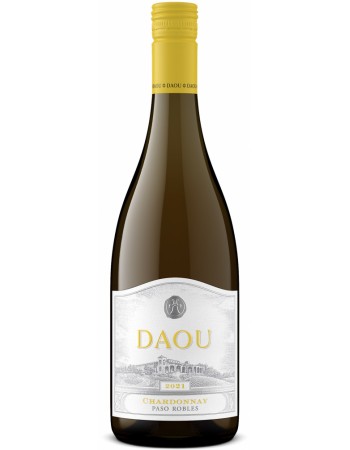2017 Joseph Swan Chardonnay Ritchie Vineyard Russian River Valley
-
S$13588
-
- 2+ for S$13288 each

Vintage: 2017
Region: Sonoma Coast
Country: USA
Winemaker Notes
This old vine Dijon clone chardonnay was pressed immediately after harvesting and settled in tank for sediment to fall out by gravity overnight. Then, the juice was fermented in 30% new French oak barrels, the remainder in neutral French oak barrels, and aged sur lies with battonage (lees stirring) once a month. Full malolactic fermentation took place naturally. The wine was aged 10 months in barrel before bottling. 6 barrels produced.
About Winery
The winery was named by Joe Swan when he founded it forty eight years ago. Joe came to winemaking from an unlikely background. He grew up the son of teetotaler parents (his mother was in the Women's Christian Temperance Union) in the farm country of North Dakota. He was an avid reader (there not being a whole lot else to do), and he happened to read about wine. Not lacking for imagination but definitely lacking for grapes, he nonetheless set out to make wine. Using his mother's ringer washing machine, he squeezed the juice from some rhubarb from the garden, and, in a crock he had secreted in the attic, proceeded to produce his first "wine".
History doesn't record the score this first effort received from the critics, but one can safely assume that it didn't rival his later efforts! Nonetheless, the beginning of a quest to become a winemaker was born.
Joe really believed that, when it came to grape growing and winemaking, small was beautiful. A small vineyard could be tended by one person. Small crops led to more intense, ageworthy wines. A small winery allowed you to oversee every aspect from fermentation to bottling. Joe was a perfectionist and felt that if the wine was to carry his name, then he should be personally responsible for every aspect of its production.
In 1967 he purchased a small farm on Laguna Road near the town of Forestville in the Russian River Valley of Sonoma County. The property consisted of 13 acres of old Zinfandel vines, fruit trees and pasture along with several structures including an old barn and a nearly 100 year old house. In addition to the physical attributes, it included an interesting history. The house once housed the post office of the village of Trenton along with the general store and telephone exchange.
Winemaker Notes
This old vine Dijon clone chardonnay was pressed immediately after harvesting and settled in tank for sediment to fall out by gravity overnight. Then, the juice was fermented in 30% new French oak barrels, the remainder in neutral French oak barrels, and aged sur lies with battonage (lees stirring) once a month. Full malolactic fermentation took place naturally. The wine was aged 10 months in barrel before bottling. 6 barrels produced.
About Winery
The winery was named by Joe Swan when he founded it forty eight years ago. Joe came to winemaking from an unlikely background. He grew up the son of teetotaler parents (his mother was in the Women's Christian Temperance Union) in the farm country of North Dakota. He was an avid reader (there not being a whole lot else to do), and he happened to read about wine. Not lacking for imagination but definitely lacking for grapes, he nonetheless set out to make wine. Using his mother's ringer washing machine, he squeezed the juice from some rhubarb from the garden, and, in a crock he had secreted in the attic, proceeded to produce his first "wine".
History doesn't record the score this first effort received from the critics, but one can safely assume that it didn't rival his later efforts! Nonetheless, the beginning of a quest to become a winemaker was born.
Joe really believed that, when it came to grape growing and winemaking, small was beautiful. A small vineyard could be tended by one person. Small crops led to more intense, ageworthy wines. A small winery allowed you to oversee every aspect from fermentation to bottling. Joe was a perfectionist and felt that if the wine was to carry his name, then he should be personally responsible for every aspect of its production.
In 1967 he purchased a small farm on Laguna Road near the town of Forestville in the Russian River Valley of Sonoma County. The property consisted of 13 acres of old Zinfandel vines, fruit trees and pasture along with several structures including an old barn and a nearly 100 year old house. In addition to the physical attributes, it included an interesting history. The house once housed the post office of the village of Trenton along with the general store and telephone exchange.
